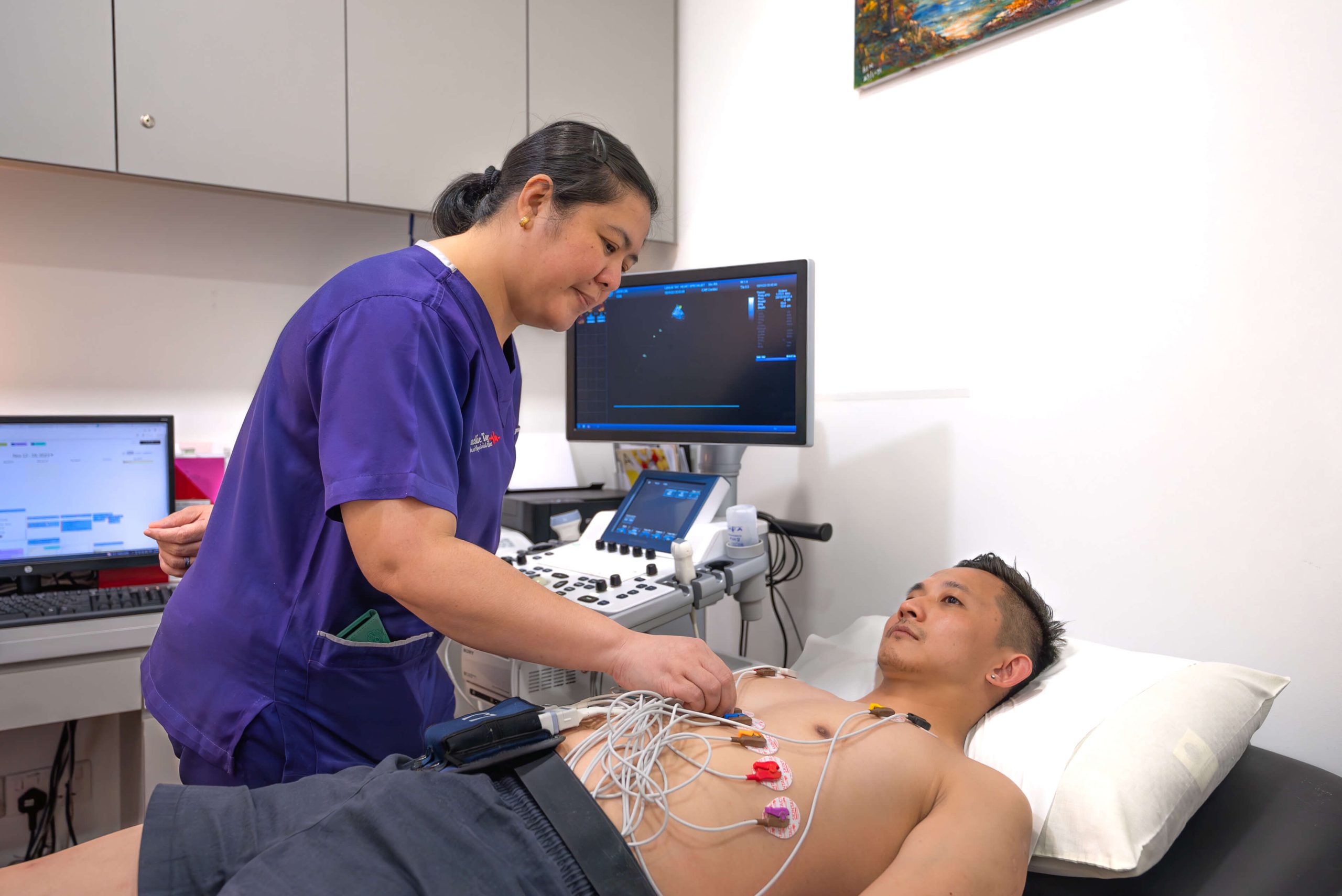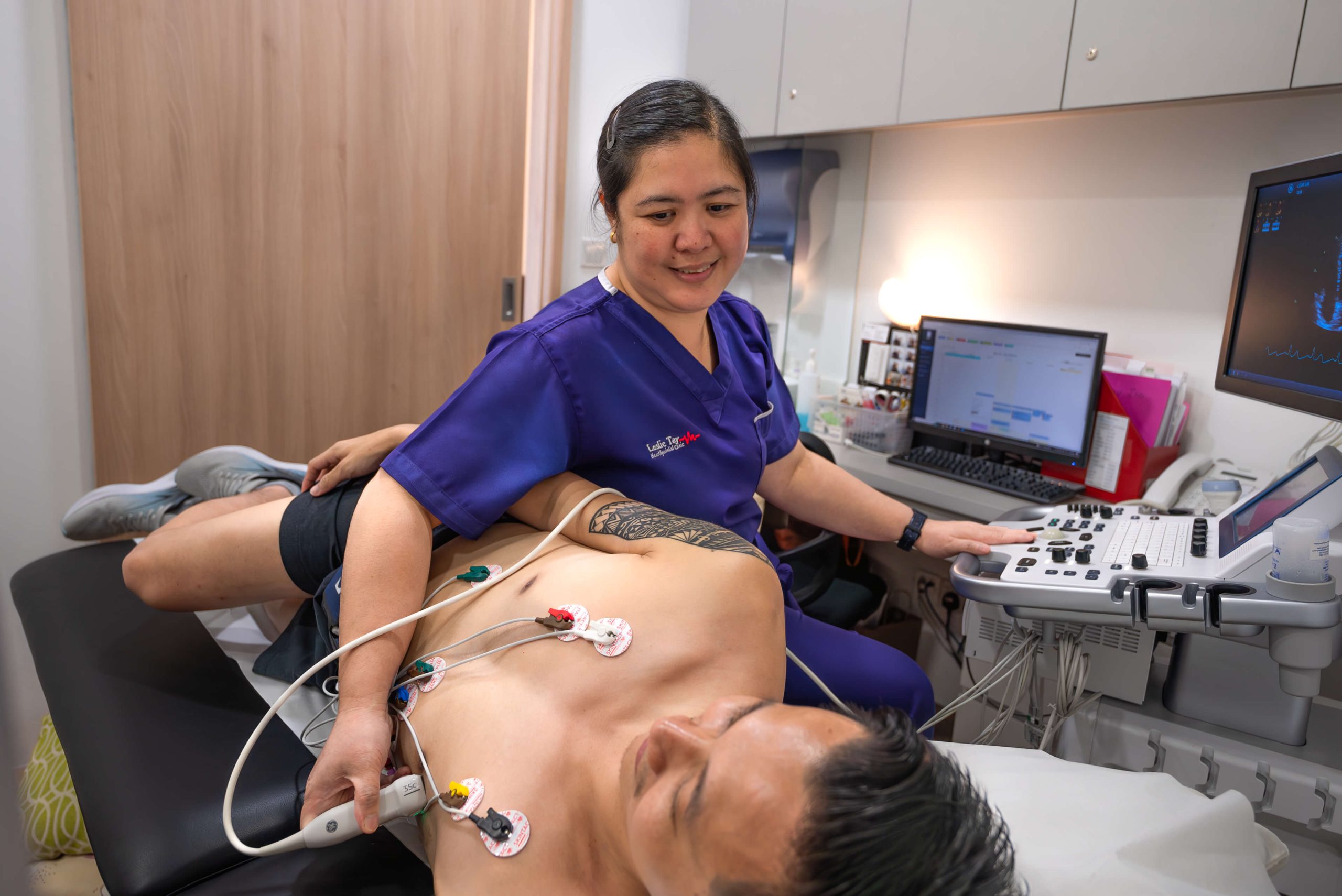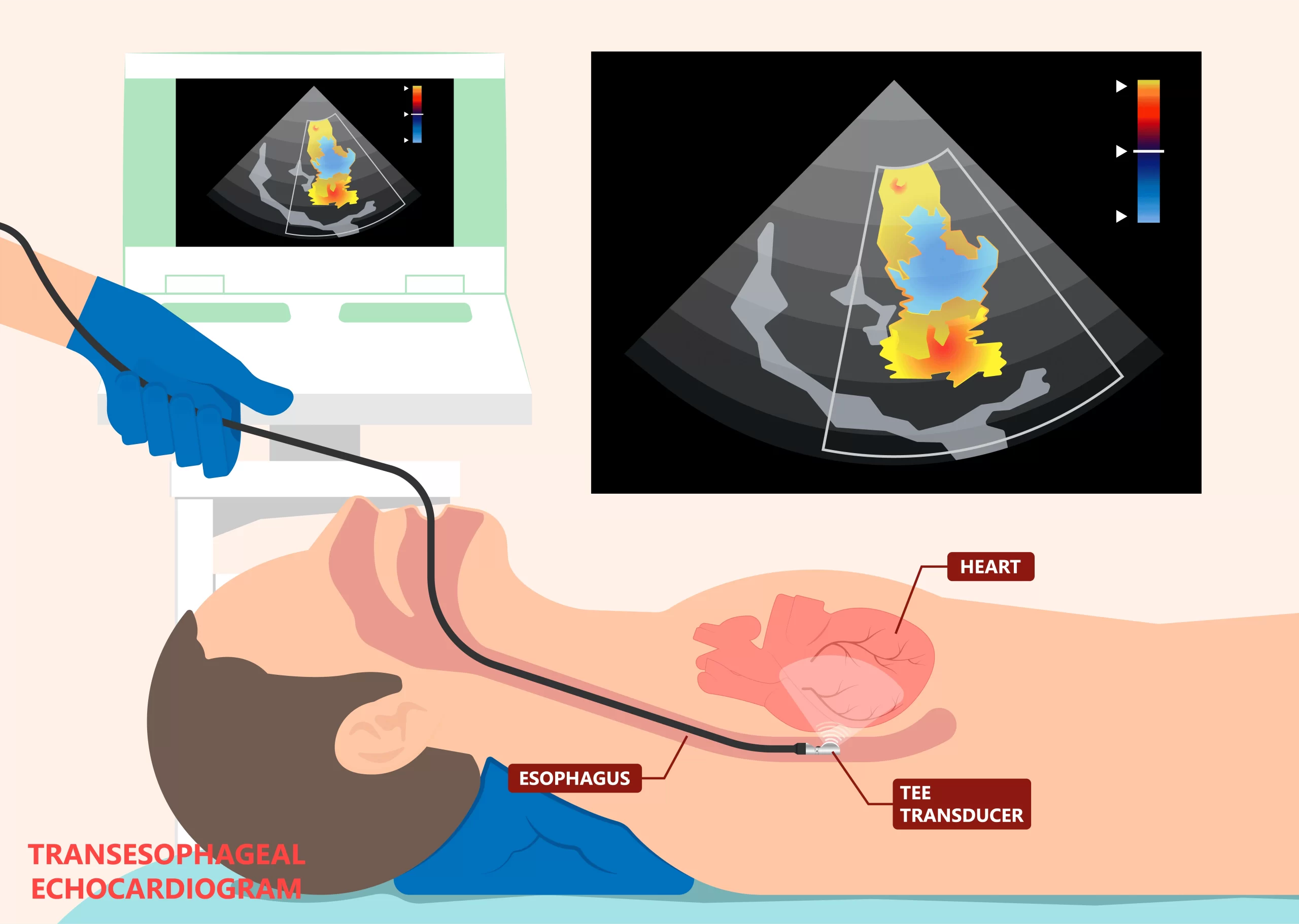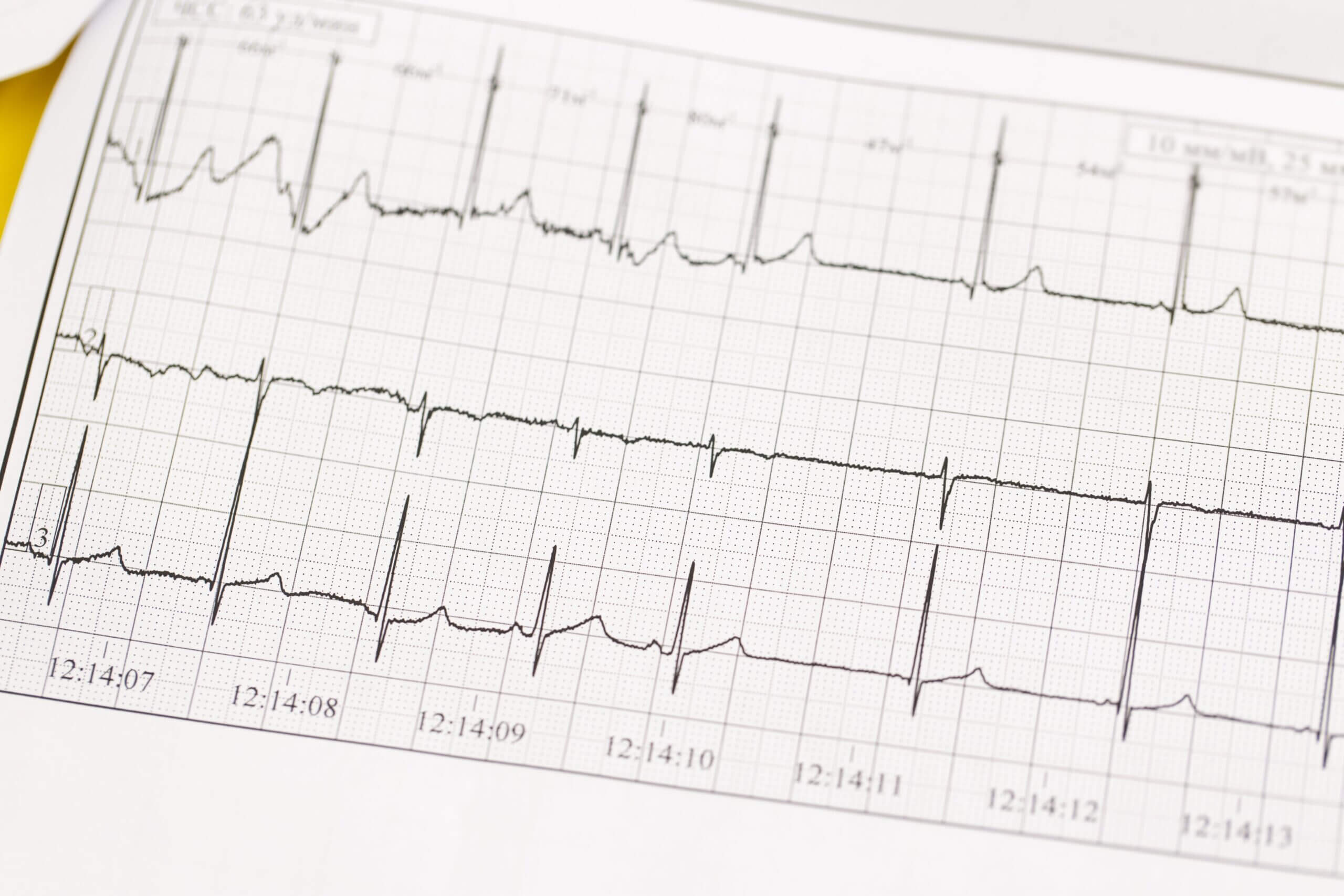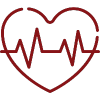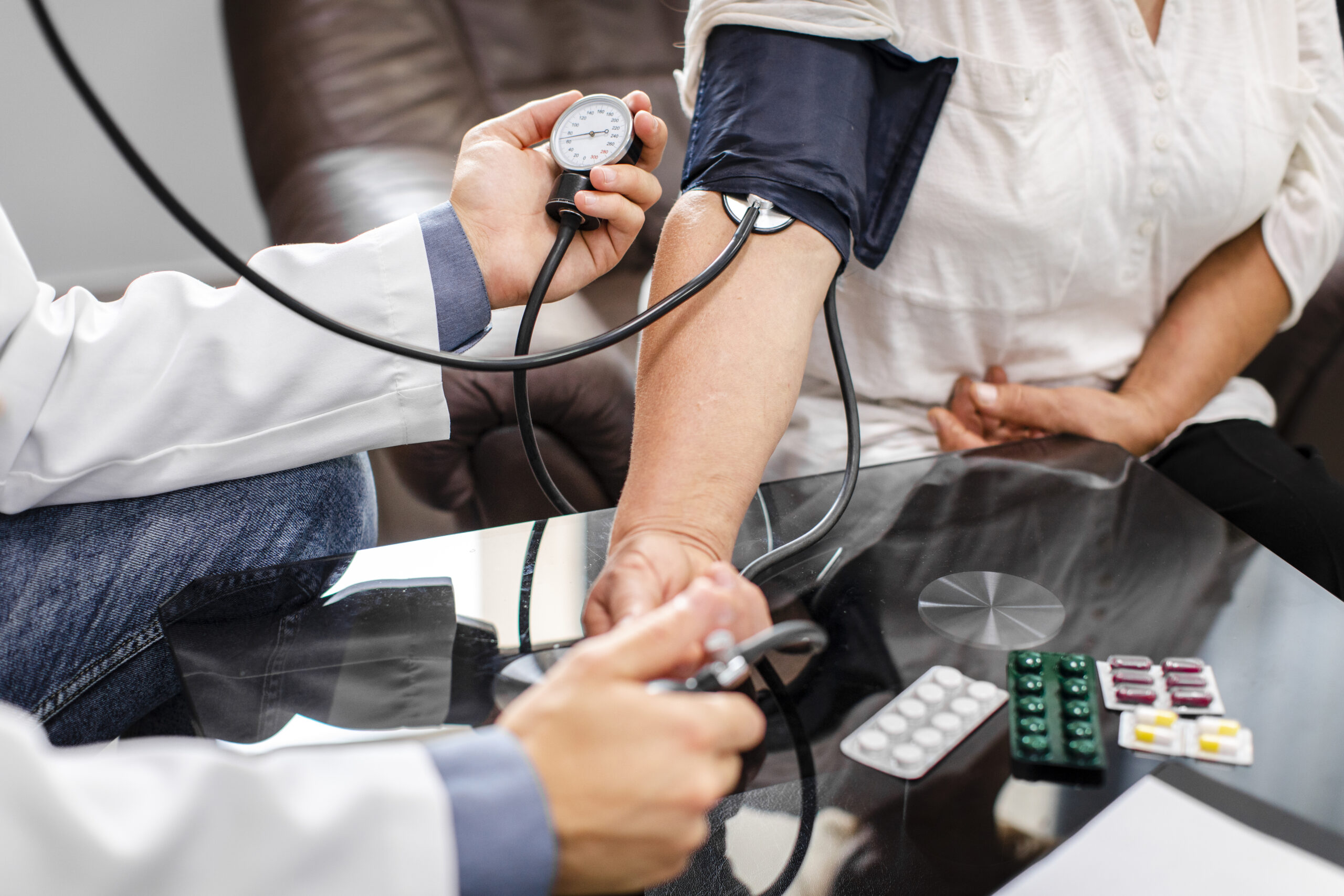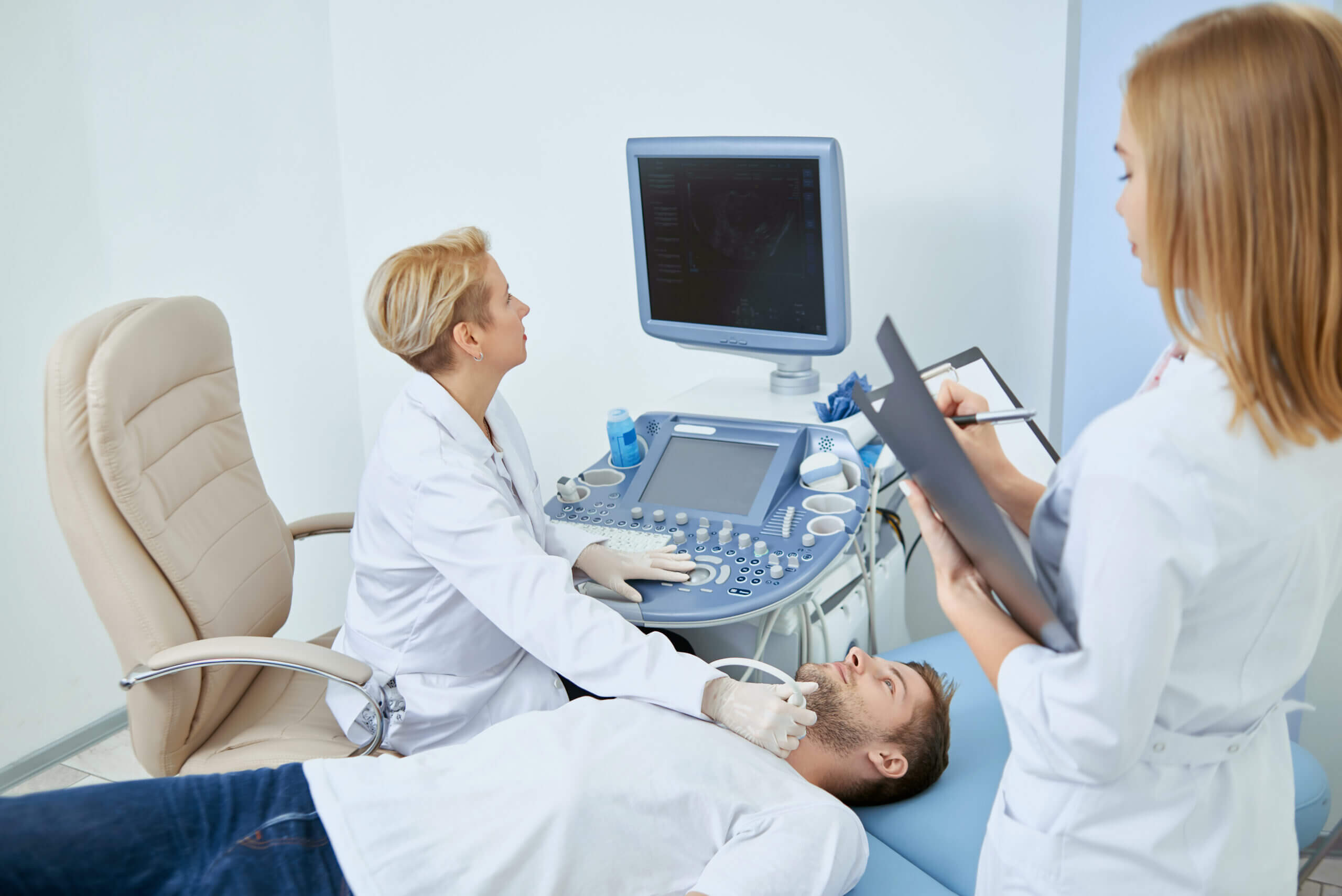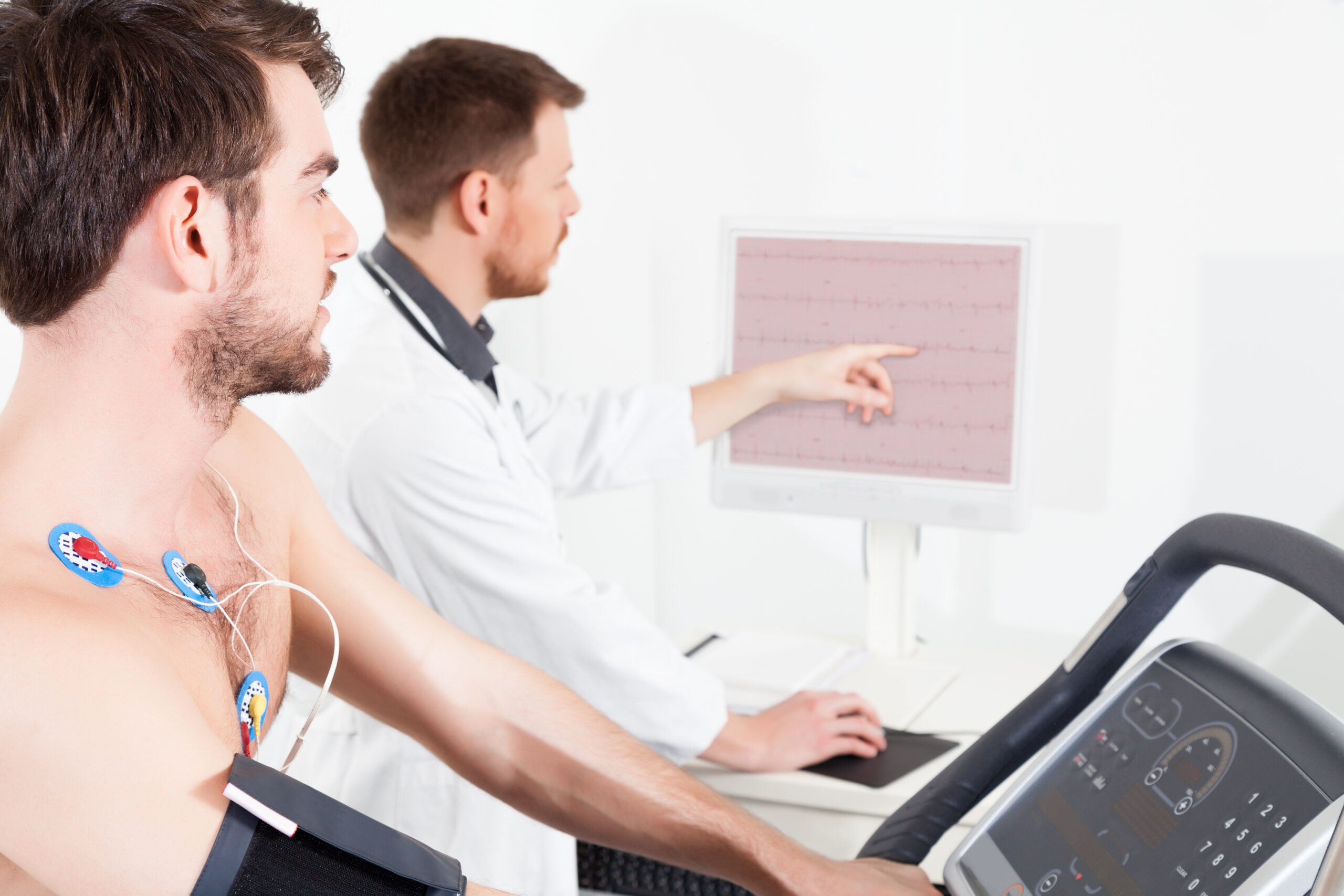Before beginning a Transthoracic Echocardiogram (TTE), you will be asked to remove your upper body clothing. Electrodes will then be attached to your chest to monitor your heart rhythm.
Ultrasound gel is then applied to the probe to help sound waves pass through to visualise your heart. You will be asked to lie on your left side as the probe is moved across your cardiac area. The ultrasound probe will be attached to a computer that displays and records the visualisations produced during the cardiac ultrasound.
During the process, you might hear swishing noises which indicate that your blood flow and heart motions are being picked up by the probe. Throughout the echocardiogram test you may be asked to hold your breath for several seconds or move into different positions as required for better imaging. Get consultation by Dr. Leslie Tay, our heart specialist based in Singapore.

